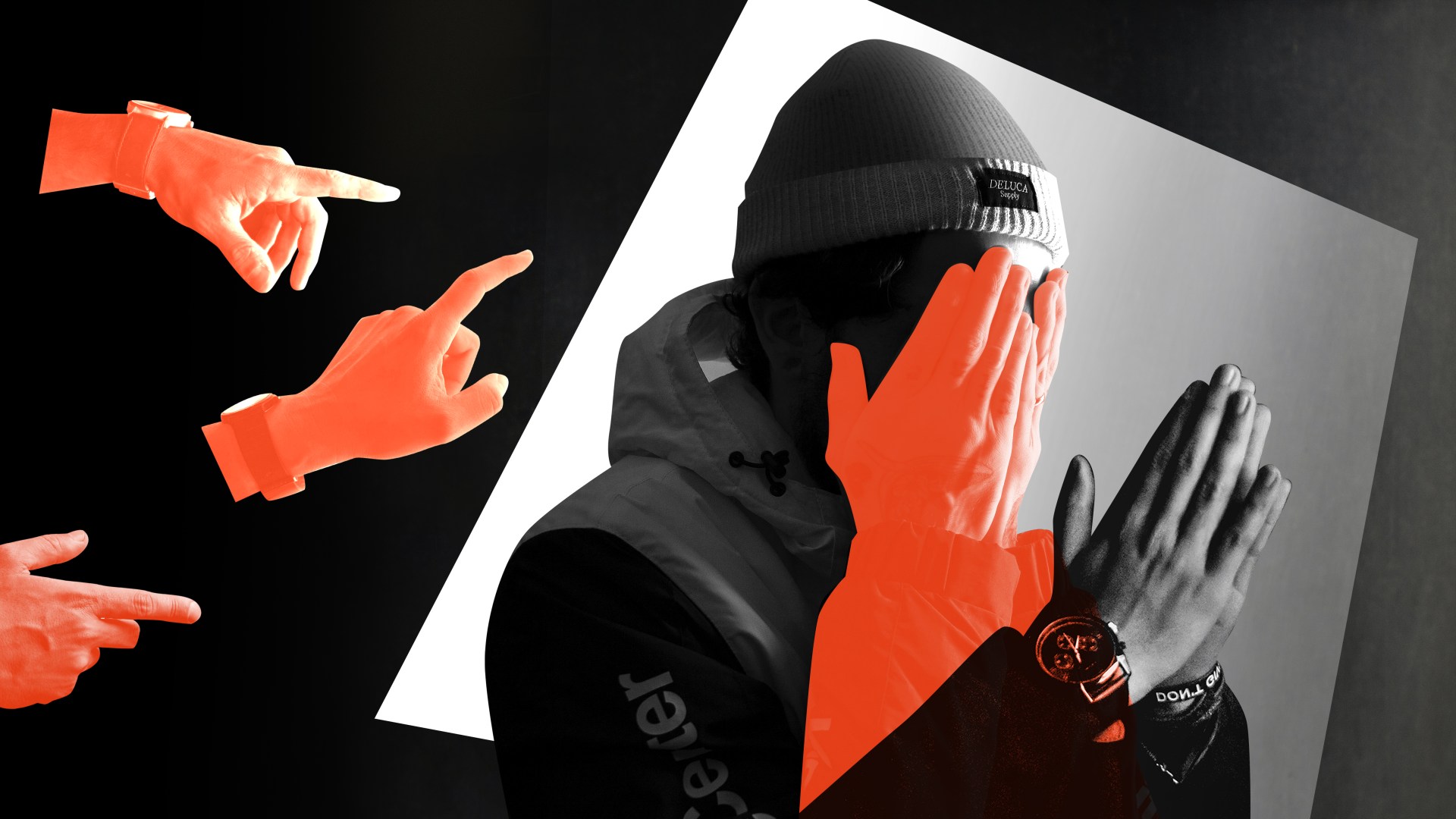In the days following the death of George Floyd at the hands of Minneapolis police, a swift substitution occurred on my social media feeds. Out went updates from my loved ones’ lives. In came reshares from strangers’ accounts, posts about racial disparities in policing, and about racism in America more broadly.
Initially, I was thrilled to see this. I’ve written on policing, including its racial dynamics, for the better part of a decade. Whenever enthusiasm for changing our criminal justice system has ebbed, I’ve asked why and wondered if white Americans will ever make a durable commitment to reform. Maybe this time was different, and that commitment had occurred.
But then the conversation shifted. Informed by sources like Robin DiAngelo’s White Fragility, which topped bestseller lists all summer, the posts developed a tic of shame. One popular post particularly struck me. The image itself calls for nuance and discretion in grappling with racism. Then there’s the caption. White people “can never ‘get it right’ in this conversation,” it says. “White people are the oppressors and benefit from oppression itself—for us to get racial justice ‘right’ is, by definition of our whiteness, impossible.”
I started noticing this framing all over. Well-intended white Christians newly in pursuit of racial justice, adopting the language of our national conversation on race, began to speak of racism as an irreparable sin. They talked of racism as a stain on the souls of white people that cannot be washed away. Though rarely so blunt as that caption, much of the content I encountered reduced down to basically: “White people like you and me are inherently, unalterably shameful.”
This rejection of redemption unsettled me. Racism, of course, is a horrific wrong. It has been and continues to be a great evil in our country. It devalues people made in God’s image, people for whom Christ died. It is insidious, and it is used to justify a whole host of other sins. But it does not make us irredeemable, and when we speak as if it does, we diminish the work of Christ.
If we believe God delivers us from evil (Rom. 7:24-25) and removes our sin as far as the east is from the west (Psa. 103:12), if we believe we are made into new creations in Christ (2 Cor. 5:16-19), we will not speak even of racism as a permanent stain on ourselves or other people. Is racism more powerful than the blood of Christ? Is racism the one wrong Jesus did not conquer? If it is not—and I am saying it is not because no evil exists unvanquished by Christ (1 Cor. 15:54-57)—then our confrontation of racism should reflect this truth.
Why would Christians act otherwise? I suspect the culprit is our society’s growing fixation on shame and our own adoption of its vocabulary and assumptions.
To understand shame’s nature and power, consider three contrasts with guilt. First, guilt is about action while shame is about identity. Guilt says, “You did a bad thing.” Shame says, “You are a bad person.” Second, guilt is usually individual and shame communal; shame subjects you to the judgment and exclusion of the crowd. Third, guilt allows for a clear path to redemption via repentance, but our individualist culture has no means of restoration for those who are shamed, as former CT editor Andy Crouch has ably explained. Thus, guilt can motivate us to positive transformation, but shame anchors to despair and correlates with addiction, violence, and suicide.
Responding to racism with shame commits the theological error of reducing the reach of redemption.
Responding to racism with shame commits the theological error of reducing the reach of redemption. But that’s not all. In a cruel irony, it also tells a story that discourages true pursuit of racial justice.
The shame-story says all white Americans benefit from racist systems and are therefore—as that caption put it—“oppressors” who “by definition” can’t “get racial justice ‘right.’” We need not downplay the gravity or systemic nature of racial injustice in our country to recognize how this storyline leaves white Americans in an inextricable bind: Because we can’t change our identity, we will always be shameful.
Some people, hearing that story, will simply reject it. They’ll deny the story’s premise of racial injustice as a means of escaping its conclusion of inescapable shame. Others will react by embarking on a permanent penance of anti-racist self-education and advocacy. This looks good on Instagram, but—much like the self-help wellness culture it eerily resembles—it isn’t motivated by love and a hunger for justice for our neighbors and family in Christ. It’s self-focused, performative (Matt. 6:5), and therapeutic, better for not feeling like a bad person than actually fostering justice. Most, however, exhausted by shame, will do nothing. This is “basic psychology,” argues author Fredrik deBoer: “People need to feel that their efforts have some meaningful possibility of creating positive change.” Why seek change if change is impossible?
“But with God, all things are possible,” Jesus said (Matt. 19:26). Rather than shame, we might repudiate racism with the conviction of Paul in 1 Corinthians 6 (paraphrased): “Do you not know that wrongdoers will not inherit the kingdom of God? Do not be deceived! Racists will not inherit the kingdom of God.” And then to our fellow Christians and ourselves, we add, “And this is what some of you used to be. But you were washed, you were sanctified, you were justified in the name of the Lord Jesus Christ and in the Spirit of our God.” In Christ, we are redeemed already. Ours remains to show our redemption as real, as Paul adds, not acting as we did before but rather glorifying God and, in the Spirit, acting like the new justice-loving creations we have become.
Bonnie Kristian is a columnist at Christianity Today, a contributing editor at The Week, a fellow at Defense Priorities, and the author of A Flexible Faith: Rethinking What It Means to Follow Jesus Today (Hachette).










